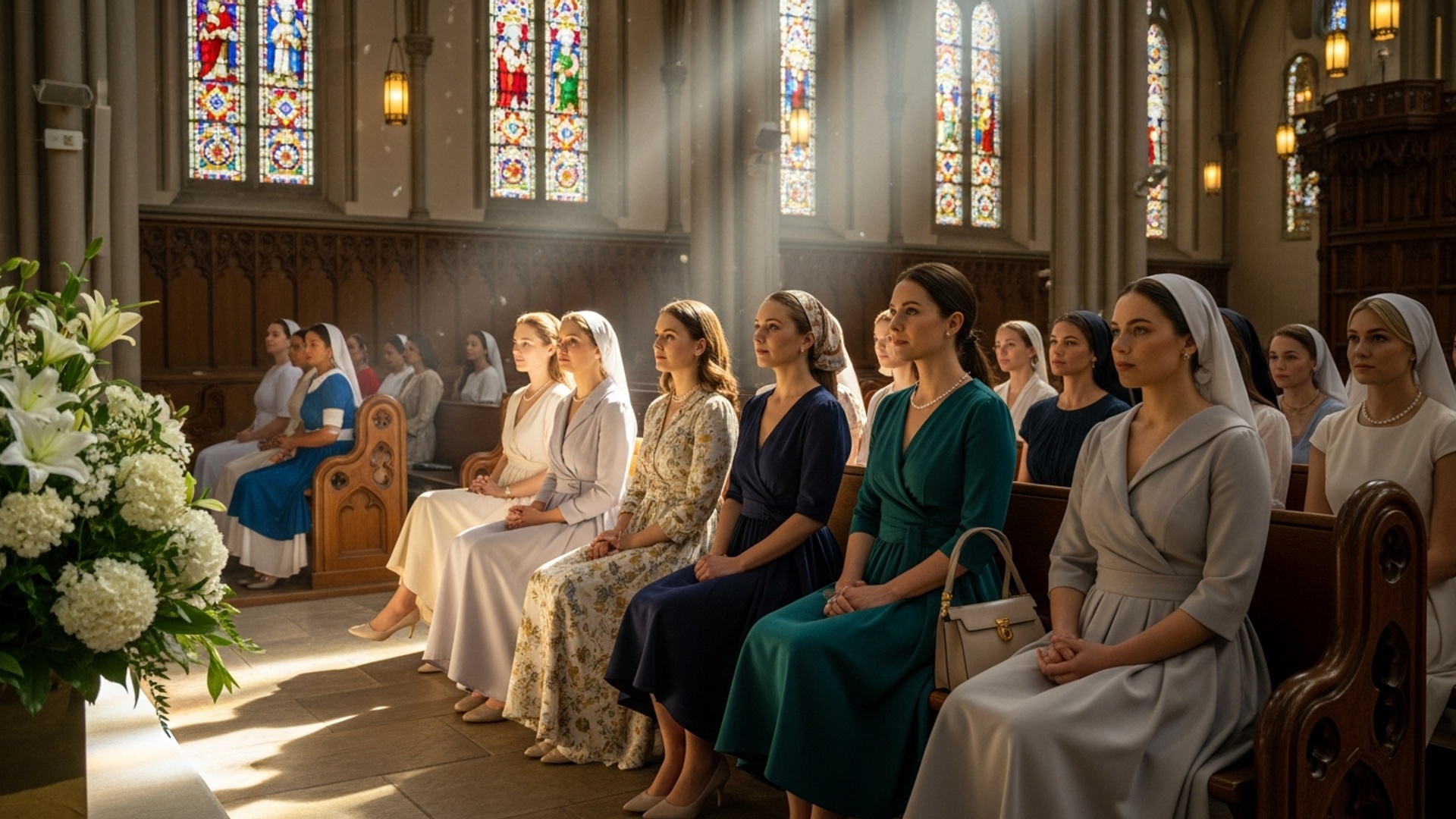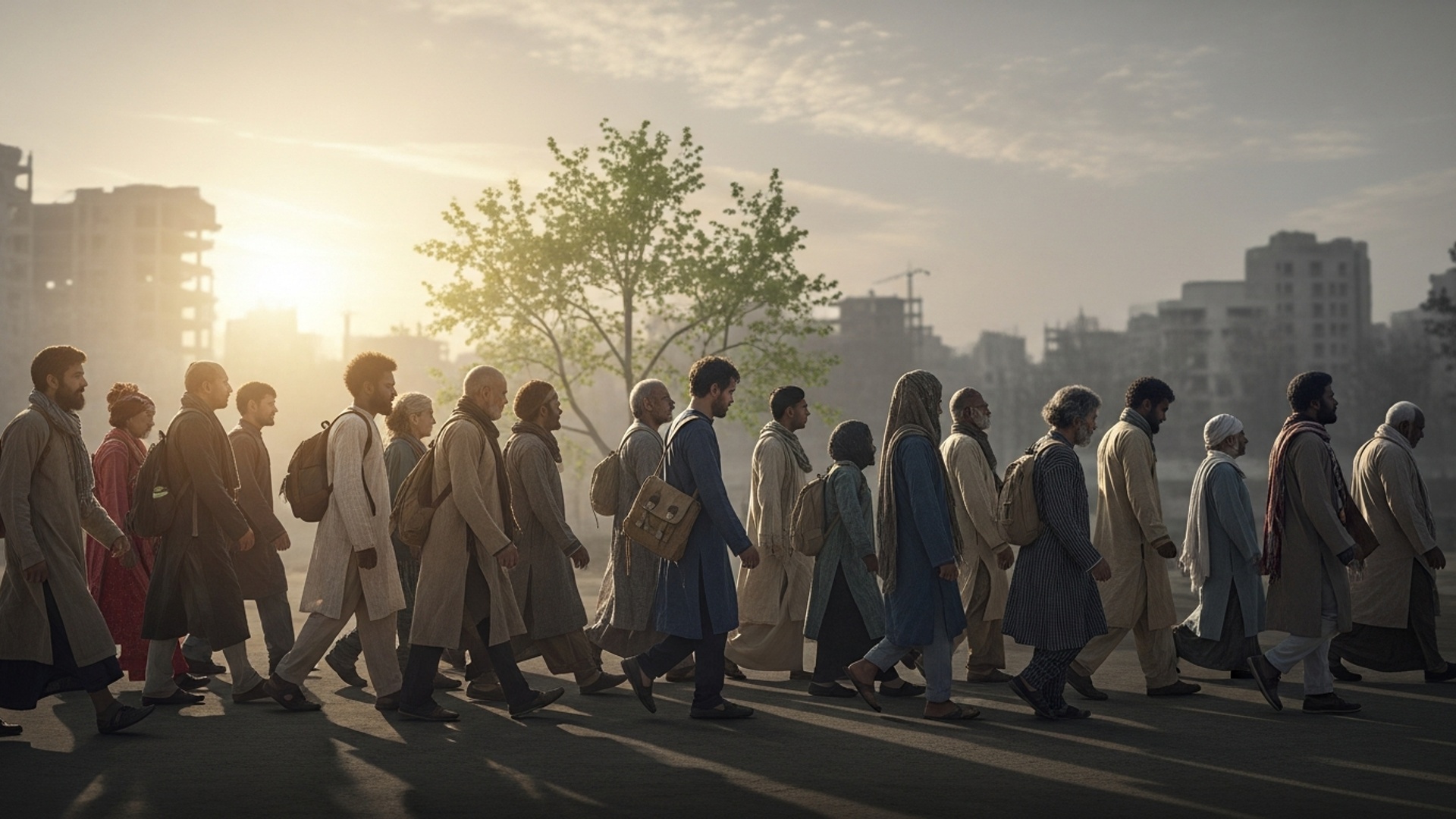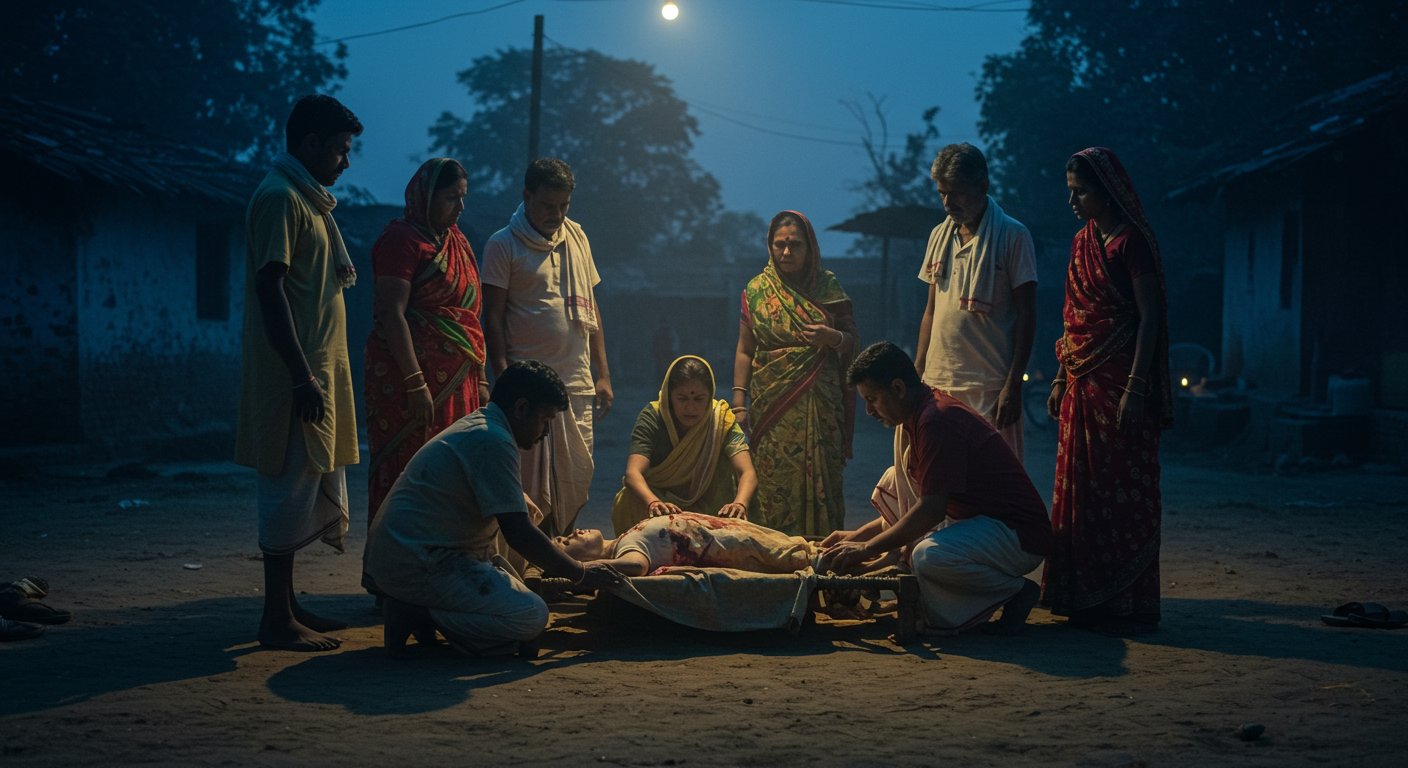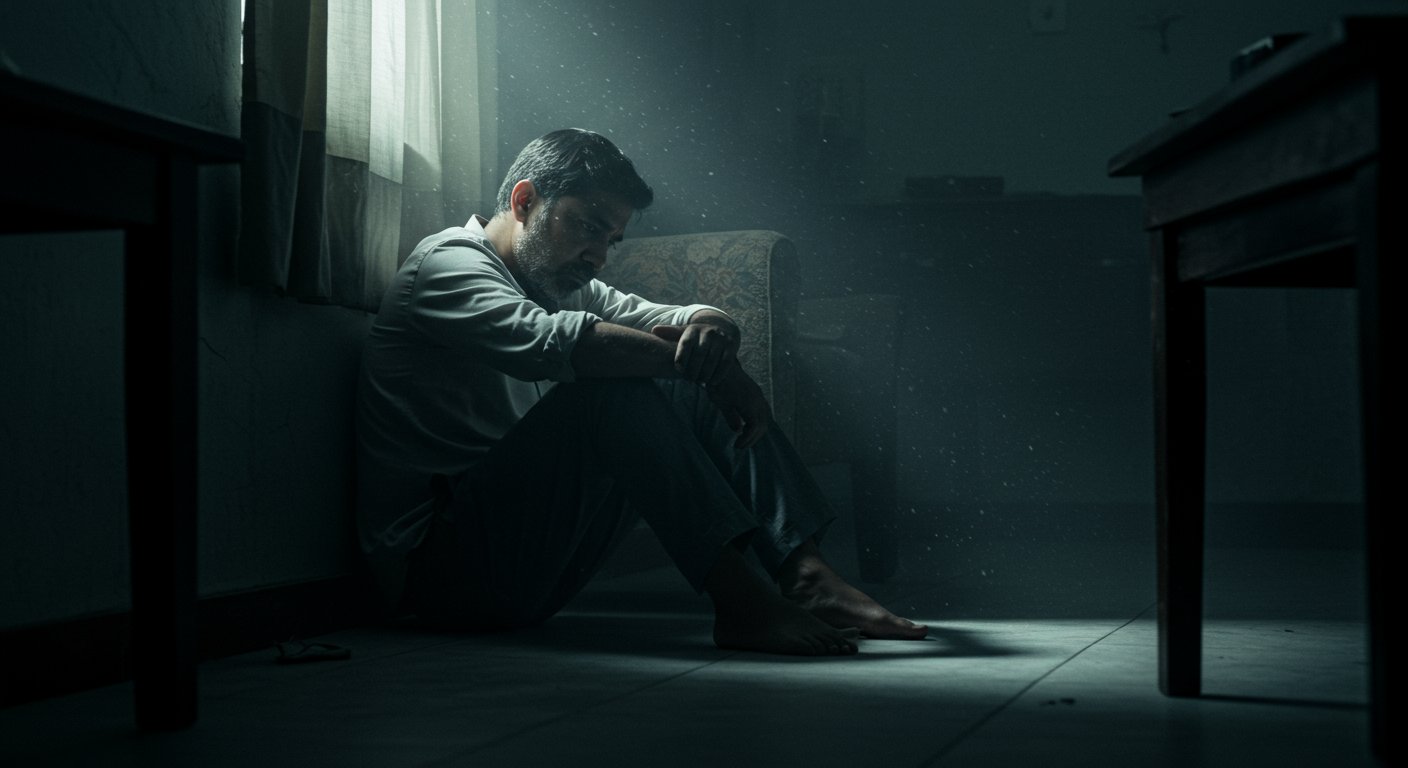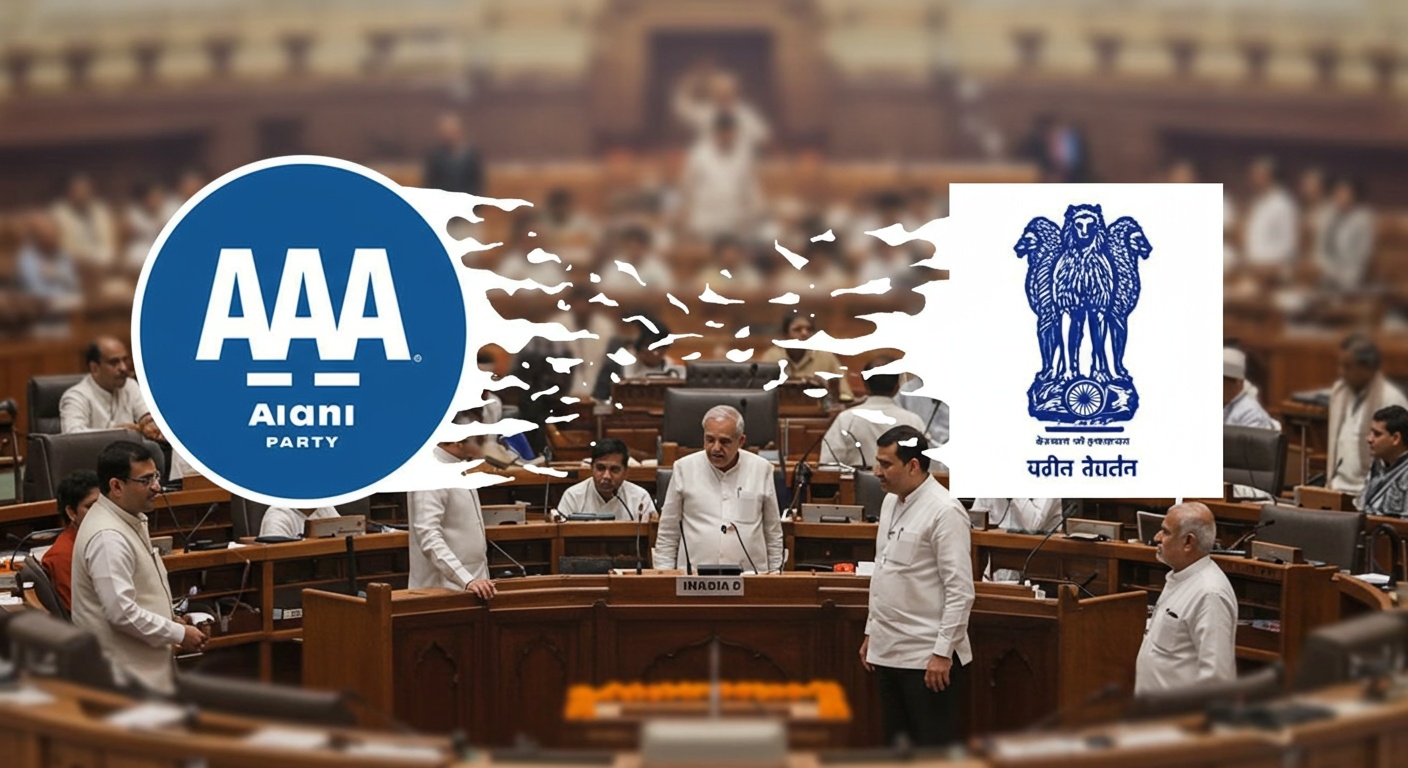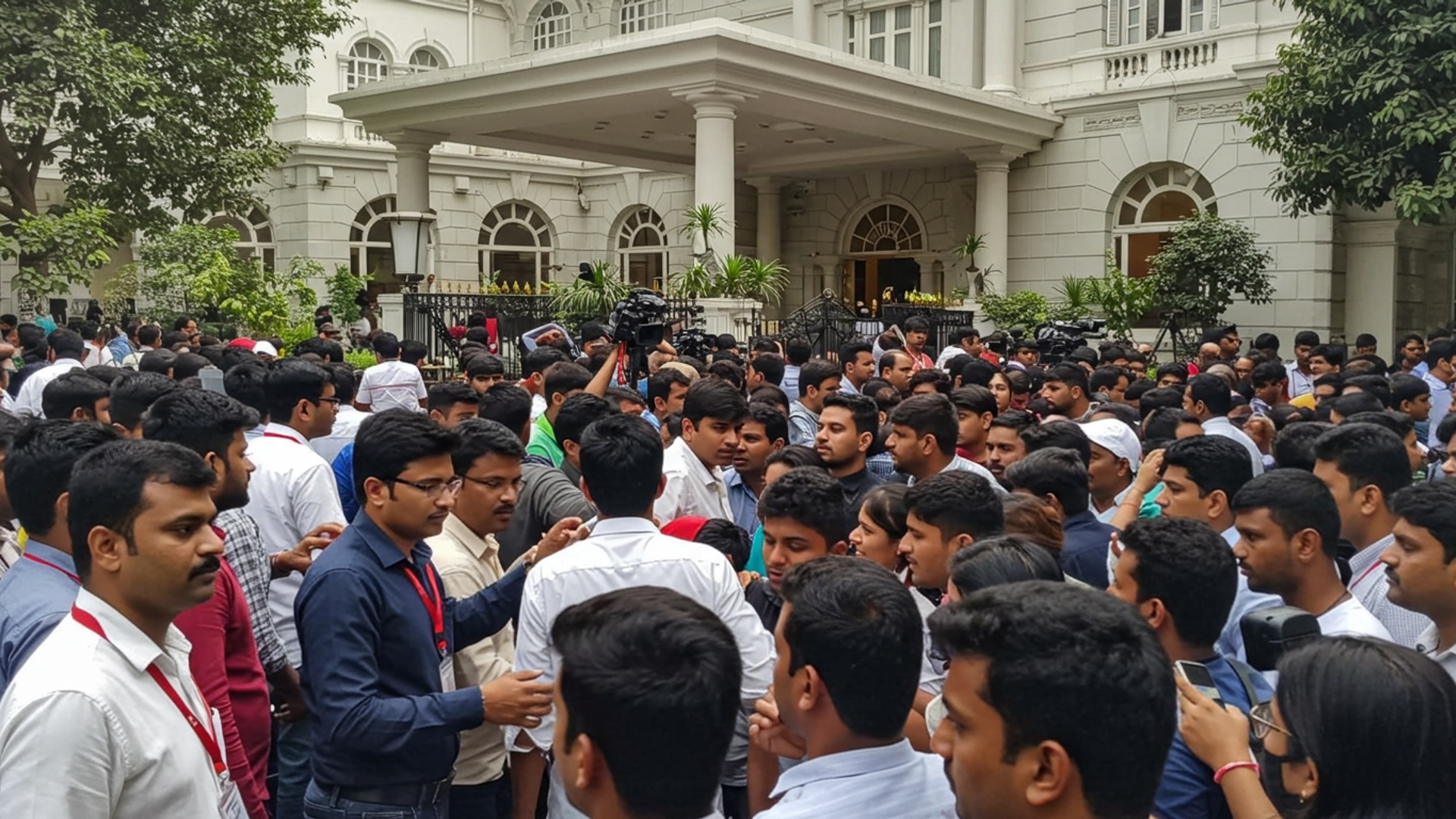A political storm hits the state capital today as all major opposition parties refuse to attend the Governor’s key Independence Day reception. Their empty seats at the Governor’s House send a clear, strong message of protest against the current government. This unified boycott, coming just hours before the Governor’s speech, breaks a long tradition of shared celebration and shows deep anger over recent decisions. The move sharply divides the political world on a day meant to bring people together, putting the Governor under intense pressure.
Why Lawmakers Were Not There
The annual Independence Day reception hosted by the Governor saw a notable absence of key political figures, as major opposition parties decided to boycott the event. The reception, usually a cornerstone of national unity and a moment for leaders to stand together, was held at the Governor’s official residence. While government officials, foreign diplomats. representatives from various community groups were present, seats reserved for the main opposition party, the National Reform Alliance. its allies remained empty. This boycott marks a significant point of tension in the political scene, highlighting ongoing disagreements between the Governor’s administration and the opposition. The event proceeded with speeches emphasizing peace and the nation’s journey. the empty chairs cast a clear shadow over the celebrations.
What Opposition Leaders Said
Opposition leaders clearly stated their reasons for not attending the Governor’s Independence Day reception. They said their decision was a strong message about the current state of politics in the region. Members of the National Reform Alliance and the Citizen’s Voice Party, among others, released statements explaining their collective boycott. They pointed to what they called a lack of real talks and unfair treatment of their concerns by the current administration. They also spoke about economic problems affecting many people and how their ideas for improvement were not being heard.
“We cannot stand with an administration that consistently ignores the real struggles of our people and refuses to engage in open, honest discussion about the future of our nation. Our absence today is not against the spirit of Independence Day. a protest against the ways things are being run. We hope this action brings attention to the need for true dialogue and fair governance.” – Statement from the Leader of the National Reform Alliance.
They explained that their protest was not against the idea of celebrating freedom but was a way to show their deep concern about current issues. They stressed that it was vital to push for the government to listen more to different views and work for everyone, not just a select few.
Governor’s Side Responds
The Governor’s office expressed its disappointment over the opposition parties’ decision to skip the Independence Day reception. A spokesperson for the Governor said that the event was meant to bring everyone together, regardless of their political ideas, to celebrate the nation’s freedom. They emphasized that Independence Day should be a time for unity and setting aside disagreements for the common good of the people. The Governor’s office also noted that invitations were sent out to all political groups, showing an open door for everyone to take part.
“It is regrettable that some political groups chose not to join in today’s vital celebration. Independence Day is a sacred day for all citizens, a time when we put aside our differences and remember the shared values that bind us. The Governor remains committed to working with all parties for the good of the people and believes dialogue is always the best way forward. Our doors are always open for constructive discussions on matters that affect our citizens.” – Official statement from the Governor’s Office spokesperson.
The spokesperson also mentioned that the administration is always ready to talk and work with all political groups to help the nation move forward. They said that building a better future needs everyone to come together and find common ground.
Past Events Leading to This
The boycott by opposition parties at the Independence Day reception is not a sudden event but comes after a period of growing tension between the Governor’s administration and various opposition groups. For several months, there have been public disagreements over several key policy matters. These have included arguments about how the economy is managed, decisions on big building projects. changes to local laws. Opposition parties have repeatedly asked for more chances to share their ideas and have a bigger say in vital government choices. They have often said that their voices are not being heard in official government meetings and discussions.
Attempts at talks between the two sides have also faced problems. Some meetings were planned but then called off, or they did not lead to any clear solutions. For instance, a series of discussions about a new budget plan broke down earlier this year, with both sides blaming the other for the lack of progress. These ongoing issues have led to a breakdown of trust and communication, making it harder for the different political groups to work together, even on events that are usually meant to show national unity.
The current political environment is marked by deep divisions, with strong words often exchanged in public statements and through news channels. This history of unresolved issues and failed talks has built up to the current situation, where the opposition feels compelled to take such a strong public stance.
How People See It and What It Means
The opposition’s boycott of the Governor’s Independence Day reception has sparked many different reactions among common people. Many citizens comprehend the opposition’s reasons, believing that it is vital to speak up when political groups feel unheard. Others believe that such a national event should be above political disagreements and that all leaders should show unity for the country’s sake. The event has become a big talking point in homes and on public forums, showing how deeply people care about the state of their political system.
This action also means that the public will be watching closely to see what happens next. It puts more pressure on both the Governor’s administration and the opposition to find ways to work together. If they do not, it could make it harder to pass crucial new laws or make progress on big plans that help the people. The boycott could also make people feel less sure about the political process if leaders cannot come together even for essential national events. Data from recent informal public checks shows different views:
| Public Opinion on Boycott | Percentage |
|---|---|
| Supports Opposition’s Action | 45% |
| Disapproves of Opposition’s Action | 35% |
| No Strong Opinion | 20% |
These figures, from a local informal survey of common people, show a divided public on this specific issue. The boycott makes clear that the gap between the government and the opposition is wide. it might push both sides to rethink how they talk to each other and how they solve problems.
What Might Happen Next
Following the boycott, the path forward for the region’s political groups remains uncertain. several outcomes are possible. The opposition’s bold move might push the Governor’s administration to consider new ways of engaging with them. There could be fresh calls for talks, perhaps with a neutral third party helping to set up new discussions. But, if no new talks happen soon, the political divide could become even wider, making it harder to agree on essential issues that affect the daily lives of citizens.
The opposition parties have hinted that they are ready for further actions if their concerns are not addressed. This could include more public protests, organized meetings with citizens, or even greater opposition to government proposals in the legislative body. On the other hand, the Governor’s office might choose to continue its current approach, focusing on its own plans while downplaying the impact of the boycott. The coming weeks will be crucial in showing whether this strong display by the opposition will lead to real changes in how political leaders communicate and work together, or if it will only deepen the existing political standoff.
![]()

